Humans are creatures of habit. This comes from our innate ability to see and learn things. Eventually by performing certain actions repeatedly do we form a habit out of it. Habits can go two ways, good or bad, with the latter being more common.

In our workplaces, we have habits that we are quite fond off. The good ones can visibly improve your productivity while the bad ones can seem like procrastination. Here’s a list of productive habits that you should know at your workplace.
Start work early, plan your day
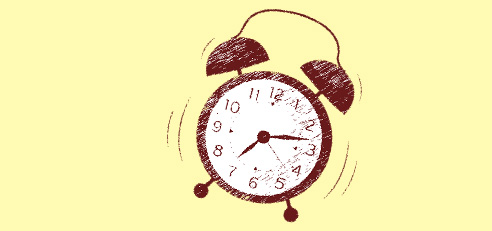
Get into the office earlier than usual, give or take 15-30 minutes. Using this extra time, plan what you need to do just for that day.
For many of us, the first thing we do when we come into the office is to go about our morning ritual of settling in. This usually involves making a cup of coffee, having some small chit-chat with your fellow co-workers, all while waiting for the computer to start up. This whole ordeal can sometimes take about 30-45 minutes right at the start of the day. While it is not necessarily a bad thing, it just goes to show how much time we use just to actually get something moving.
Define a goal, then break it down

Before you start your work, identify what you need to get done. Keep it focused but not too general, something like reviewing a stack of documents in two days. Once that’s nailed down, sit down and figure out how you can break this goal down into smaller goals.
One method is to split the workload across multiple days within the time frame you have to complete your main goal. When your goal is broken down into smaller ones, it lessens the impact of tackling a large endeavor and provides you a state of momentum to work at a steady pace.
As an added bonus, attach rewards to some of these goals. For example, if you complete a sub-task then you can have your next cup of coffee. If you finish the next one, go for a 5 minute walking break. This will gives you extra motivation to continue your day.
Know the difference, identify important and urgent matters
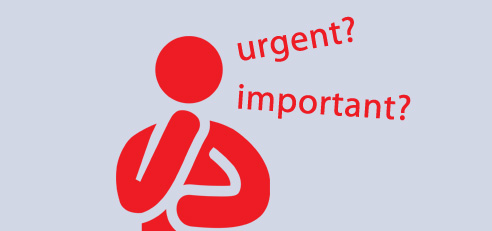
This one can be a bit tricky because when it comes to work almost everything is urgent, but not everything is important.
Enter the Eisenhower Box, a time management principle which helps you define how you should act accordingly depending where the action is sorted in the box.
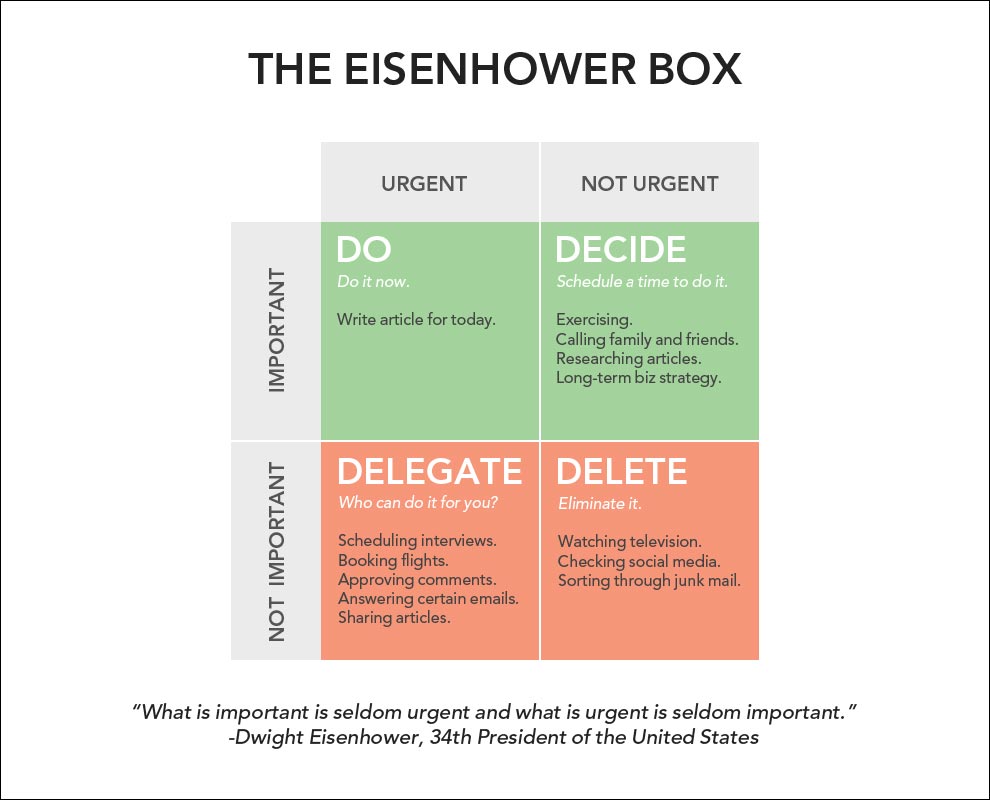
Image taken from James Clear
Strategized by the famed US President, Dwight D. Eisenhower, the Eisenhower Box is a decision matrix which splits tasks into 4 possibilities:
- Urgent and important (tasks you will do immediately).
- Important, but not urgent (tasks you will schedule to do later).
- Urgent, but not important (tasks you will delegate to someone else).
- Neither urgent nor important (tasks that you will eliminate).
The challenging part in using this principle is understanding what tasks are considered important or urgent.
When you’re in the office and a phone call comes in for you, the first reaction you’ll do is pick up the call regardless of whether it is important or otherwise; this is what we label as urgent, tasks that you feel you need to react to.
Create behavior chains, turn it into a routine
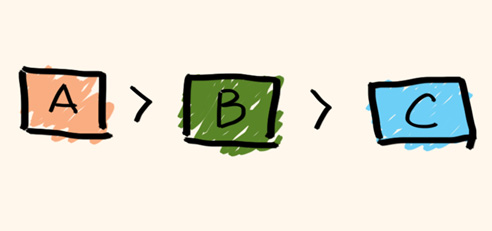
Line up all your tasks that need to be completed within a given day and chain it all together. By doing so, you’ll create a progressive tempo that will help you focus on your work and will curb other non-productive behaviors from cutting into your work flow.
Behavior chains are a series of tasks that are completed one after the other. If you are doing A, you need to complete it before moving on to B, it’s as simple as that. The difficult part is keeping it going without getting distracted. Behavior chains are not limited only to the office. You can even apply the same idea to routines you have outside of work.
Be organized at all times, carry a notebook with you

If you work at a desk, sort out the clutter (if any) on your workspace and arrange the items by its relation. For example, pens, markers, staplers and other stationery should be placed in one area. Documents and papers can be placed in another area, but ultimately the goal is to be able to access whatever you need, whenever you need it.
Carry a small notebook with you wherever you go. Whenever you have a meeting, take it out and start taking points. This is to ensure that you don’t have to ponder too long on what was said during that session. Using your notebook as well, list down your tasks for the day and refer to it often as this will keep you on track.
You’ll discover that staying organized and taking notes will vastly improve your productivity.
Get enough sleep, keep your mind ready
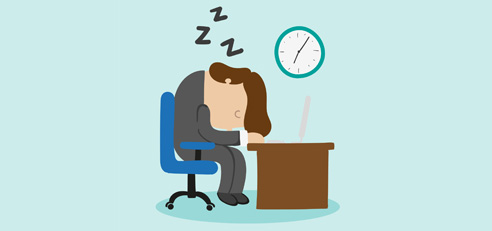
Don’t be this guy.
This goes without saying, if you don’t get enough sleep your brain won’t be running at maximum efficiency.
Sleep deficiency can impair your cognitive functions and negatively affect your behavior, you won’t be able to get anything done. The inability to make rational decisions and muddled body activity can be seen by others which may cause others to speak of your indifferently.
Make it a habit by setting a fixed sleeping time that gives you a minimum of 7 hours of sleep (recommended 8 by some sources).
Putting it all together
Creating a good habit is difficult, I myself deal with this on a daily basis. The only time we fail at this is when we give up, so don’t. Keep at it and eventually you’ll feel that it’ll become second-nature to you.
Do you have productive habit that you follow as part of your office routine? Drop us a comment, we’d love to hear about it!
